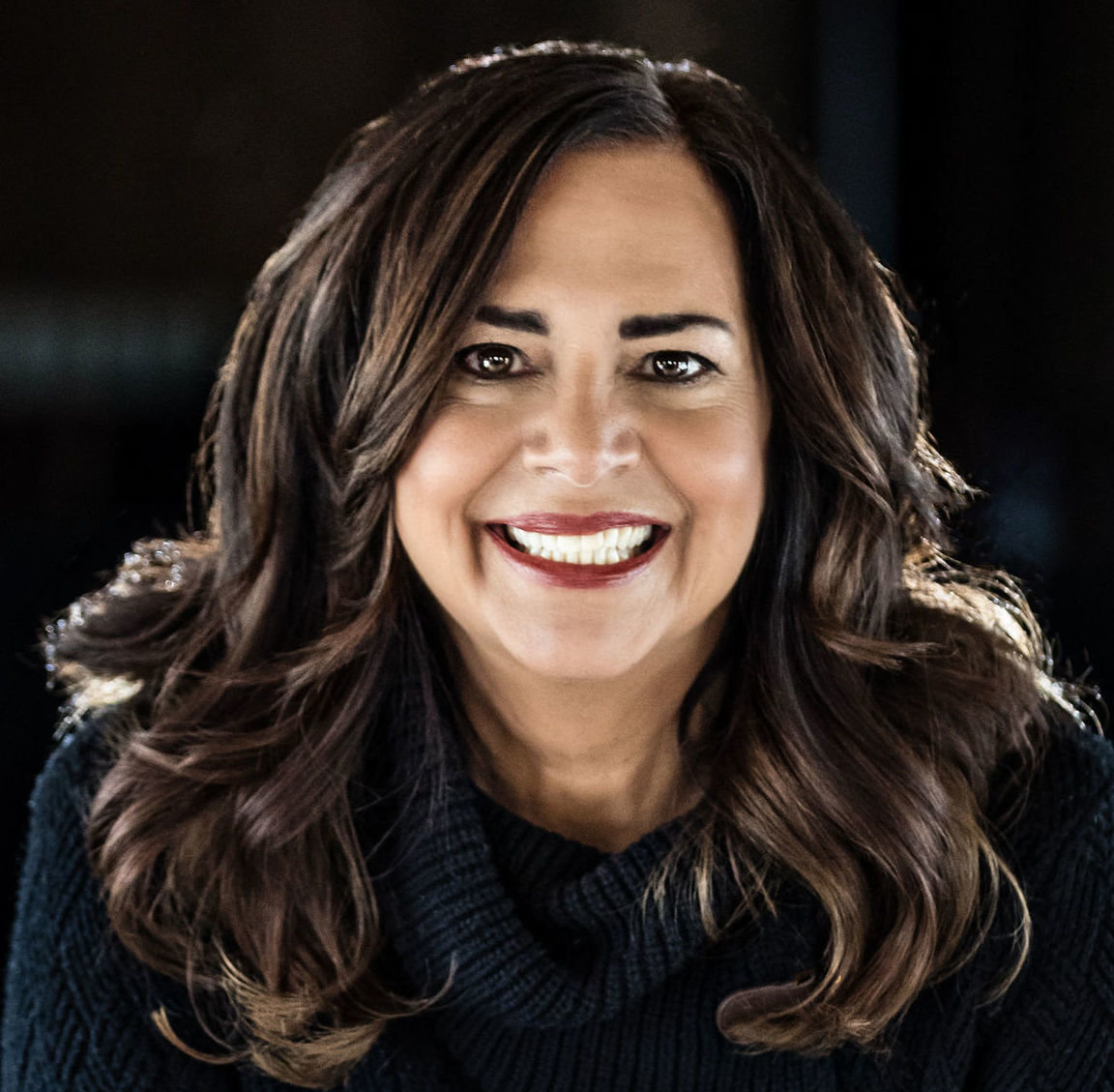For many professionals, consultants, practitioners and entrepreneurs, the act of selling their goods and services is distasteful at best, a horrifying experience at worst. And selling often gets a bad reputation, viewed by many as a process that is rooted in manipulation, aiming to coerce people to spend unwisely, buying what they don’t need or want. (Here are some top reasons that people distrust salespeople).
Unfortunately, this negative mindset around sales keeps thousands of entrepreneurs and organizations from getting their strong products in the hands of those who could benefit from them most.
Some time ago, I interviewed David Mattson, CEO of Sandler Training, about 10 essential principles that most salespeople get wrong, and it struck a chord with many professionals engaged in sales.
To learn more about how we can embrace—and actually love—the act of selling, I caught up recently with Jason Marc Campbell, author of the new book on Selling with Love: Earn with Integrity and Expand Your Impact. A speaker who’s shared the stage with the likes of Gary Vaynerchuk, Jason Silva, Vishen Lakhiani and Lisa Nichols, Campbell is the host of The Superhumans at Work podcast from Mindvalley. He interviews thought leaders from around the world on topics of leadership, team building, communication, productivity and more.
In Selling with Love, Campbell aims to shift our way of thinking about sales, unlocking the ability to pursue our business missions and careers without hesitation or compromise, achieving results in a more authentic, aligned manner.
Jason Marc Campbell: As the rise of the internet has shifted access to information, it was thought that this movement would eliminate the need for salespeople. Instead, there is now an overwhelming amount of information, making the role of a salesperson still very essential, yet different, from a provider of information to the curator of information.
One thing has clearly started to emerge: People are demanding more from salespeople. As such, we will see success shift towards those who can adapt and demonstrate clearly how they are ready to take responsibility for the sales they generate. This “getting away” with manipulative sales is going to stop.
Caprino: What have you observed that led you to write a book all about sales and marketing?
Campbell: If you want to get ahead in life, the skill of sales will be one of the most important skills you can develop to give you a competitive advantage. If we want to get a great job, the interview process is a sale. If we want to find ourselves in a fulfilling romantic relationship in our personal lives, selling is also the skill that is needed, to help us get noticed and communicate effectively.
And if we apply the more traditional worldview of what sales and marketing are, then, of course, generating sales and revenue is the most important foundation for a business to survive.
If no sale happens, no movement happens. In my book, I define sales this way: “Sales is an energy exchange between conscious beings. When we know what we offer is more valuable than what we ask in return, love is the emotion that balances the equation.”
If more people can learn how to do this effectively, then we’ll be able to generate powerful solutions to big problems in the world and learn to speak the language that is necessary for others to understand the true value our products and services provide.
In doing so, ethical businesses will experience expanded success. That is ultimately my goal in writing the book.
Caprino: What happens to those who struggle with their sales process or hate selling in general?
Campbell: It breaks my heart to see great people with great products struggle with success. If only they learned about the power and beauty of sales, how it can be done with integrity and aligned to the values of the individual, then perhaps the story would be different. I’ve noticed how the very same people who are focused on truly making a difference seem to reject sales or label it as a “necessary evil for survival.” This leads to competitors (often with sub-par products) taking the lion share of business, claiming the attention of people who are looking for real answers and solutions.
Caprino: How do you see the role of seller and buyer evolving in the future?
Campbell: As I mentioned before, the internet unlocked an abundance of information. But now we’re overwhelmed. Curation of information has become key, and this has been the role of sales.
As we continue to move into the future, the role of salespeople is mostly becoming that of educators. It’s about teaching the buyers about the industry and the market. I quote Jay Abraham, one of the great marketing and sales consultants, who says that a good salesperson is a “trusted advisor.” You can already see this as the rise of influencer marketing has been huge.
Yet again, there has been some abuse of this power among “trusted advisors,” where the trust has been eroded. The most successful salespeople will be those whose integrity is the highest. Those people will generate a mass following of people who trust them and will follow their recommendations
Caprino: I’m guessing that for some folks, your suggested terminology and mindset of selling with “love” might feel a bit too “personal” or familiar to fit in the arena of business?
Campbell: It’s interesting how there seems to be this “new,’ emerging style of sales, one that is supported with values of caring, taking responsibility, and really being focused on the problems you are able to solve for your clients. Yet if you pay attention to many of the popular sales books released even in the 1960s such as “The Greatest Salesman in the World” by Og Mandino (first published in 1968), they were already sharing the values we are talking about today. Love is the first principle of sales in that book.
I choose the word “love” because I know it will get the attention of the ethical businesses who need to embrace sales as a beautiful and powerful part of the business. And for the more “old school” businesses, I trust that such a word as “love” will get their attention as well because of how intriguing or controversial it sounds.
Once they dive deep, they will realize that it is in fact the perfect way of selling in a world where the buyer cares more and more about the why of our business and how it operates.
To be clear, I am not suggesting “love” in a romantic way when you sell in business. Rather, I’m suggesting we engage in sales in a way that’s similar to how we feel about our passions in life, and how we care about people with compassion and love in our hearts.
Caprino: What is your vision of what business as a whole would look like if everyone started to “sell with love”?
Campbell: I think selling with love would align the world of business to start truly solving global problems in a new way for the majority of stakeholders. One of the ideas I share about selling with love is to first love the impact of the sales we make.
I encourage every business to get very clear on the ripple effect of every sale they make. When they get extremely clear on the outcomes of their sales, they can start looking at ways to improve on the ideas that support global goals and reduce or eliminate negative impacts and outcomes.
A simple example would be regarding companies that generate a great deal of waste and pollution—they could engage in new initiatives to reduce their waste. As such, they would be able to use this as one of their competitive advantages in their sales approach and communications and marketing, bringing these positive outcomes to the foreground.
It’s fair to say that selling with love 100% of the time for all business seems almost impossible. Yet as we have this mindset available to us, we start to take actions little by little to get closer to the goal. You already see the market reward businesses that operate this way. Another example is the organization Bombas which supports the mission, “Make a Purchase, Make a Difference.” From the start, Bombas has been committed to helping those experiencing homelessness and for every item a customer purchases, Bombas donates an item on behalf of that customer. To date, they’ve reportedly donated more than 50 million items to more than 3,500 community organizations.
The piece of this that gives me great hope is that when more businesses sell with love, it creates that true ripple effect, the “top-down” approach we often hear economists suggest when businesses are allowed to thrive. Unfortunately, when a business chooses to operate in a way that is in stark contrast with love or with recognizing the value of and need for respect of their consumers, then corruption and misdeeds can occur.
Caprino: What motivated you to learn and teach about sales—why are you passionate about it? Did you find you were always “good” at sales?
Campbell: I had my own positive experiences in sales when I was younger, which got me excited to sell. I understood that sales could motivate people to take action, and I had a responsibility as to what action they would take. I was always trying to make a positive difference and do the best I could with what I knew at the time, and I noticed that generating sales was a bit more effortless for me than for others.
But I, like many others, found myself on the receiving end of some sales scams, and I saw clearly how it’s not all rainbows and unicorns out there. After this experience which left me needing to make some significant changes in my life, I made it a mission to focus on what I felt and experienced was the right way to sell, without taking advantage of people’s desperation or deep need for help.
In the end, I’d love to help people bypass the serious challenges I’ve experienced on this front, having been on the receiving end of manipulative sales processes that took advantage of my lack of understanding.
And with more buyers and sellers aware of the “Selling with Love” methodology and approach, I hope it will make a difference in how people buy and sell for the better, going forward.
Once we know how to embrace sales with a more loving mindset, and we understand why that’s so important, I’ve seen that businesses and entrepreneurs become unstoppable in their growth and impact—and even more aligned with their core values.
For more information, visit Selling With Love, and hear Jason Marc Campbell speak in-depth about this topic.
Kathy Caprino is a career and leadership coach, author, speaker and podcast host helping professionals build rewarding careers of impact. Follow me on Twitter or LinkedIn. Check out my website or some of my other work here.


